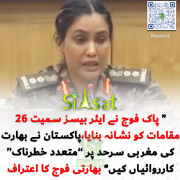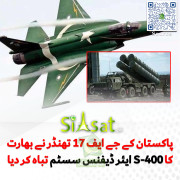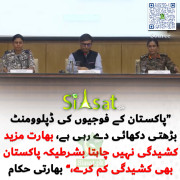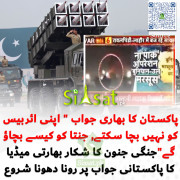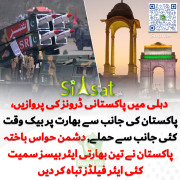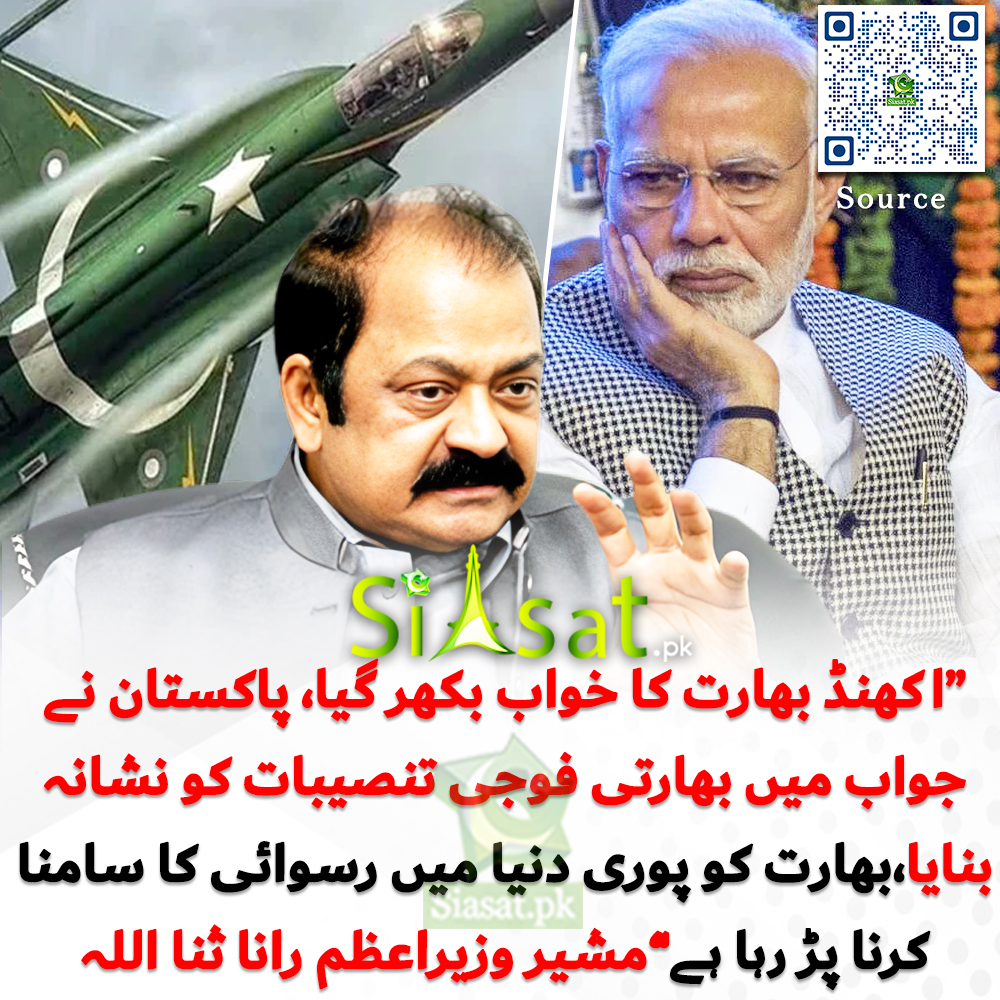G
Guest
Guest
Mr President, my mandate is to tell you that Pakistani territory should not be used for terrorism against India." Under Zardari and Manmohan Singh meet is the first top-level contact between the two countries after the Mumbai terror attacks in November.
media arclights, the much awaited meeting between Prime Minister Manmohan Singh and Pakistani President Asif Ali Zardari in Yekaterinburg turned out to be a very clever media ambush by Singh.
With his curt message to Zardari, said in full view of the waiting media, Singh made sure it reached a much larger audience, particularly in India and Pakistan. It left an embarrassed Zardari asking Singh to "please let them (the media) go".
The small drama had the intended effect -- Pakistan cannot use the meeting to parade an unconditional resumption of talks, while rebuting any perception that India had given in to pressure to start talks despite the failure of Zardari regime to fulfill its promise to take action against the 26/11 masterminds. Singh's public comments made it clear that the issue of terrorism has assumed primacy in the relationship, with 26/11 altering the terms of engagement.
The meeting, which started out with a photo-op in the Silver Room in Hotel Hyatt Regency, Yekaterinburg, took a 20-minute one-on-one chat between Singh and Zardari, and another 20 minutes of delegation level talks.
But the meeting signalled an important step -- the India-Pakistan chill, which set in after the Mumbai attacks, is now officially over. Winter is over for the time being, but there are no green shoots of recovery just yet. In other words, this does not mean that India will automatically resume the dialogue that had stopped after Mumbai. Top level sources said the old dialogue has lost its usefulness and any new dialogue with Pakistan will have to incorporate the lessons of Mumbai and Kabul. The old composite dialogue is officially dead, a new format of engagement will now be crafted by India.
The first step will be a meeting between the two foreign secretaries to discuss the steps Pakistan has taken against terrorism. This meeting is expected over the next few weeks, before Singh and Zardari meet again on the sidelines of the NAM summit in Sharm-al Sheikh in Egypt.
The graded response may appear justified in view of the strong opinion back home against resumption of normal business with Pakistan because of its stubborn refusal to take sincere steps to rein in terrorists arrayed against India.
Former foreign secretary Kanwal Sibal gave a thumbs down to the new development. "While one can understand the need for flexibility, it should not be at the cost of our vital interests. It's less important to get international pressure off our backs than to secure our long-term interests vis-a-vis an unreliable and defiant Pakistan," he said.
In 2006, India conceded a joint anti-terror mechanism that came back to bite it. This time, a discussion on terrorism may see Pakistan offering an intelligence-sharing mechanism to India, which is likely to meet the same fate, because Indian and
Pakistani intelligence organisations are pathologically opposed to each other.
Sibal said, "It would have been acceptable if our side had insisted on Pakistan meeting our minimum demands on Mumbai and terror at this meeting. But to agree to foreign secretary talks amounts to resuming dialogue, no matter what gloss is given. Discussions on terror never worked with Pakistan before."
For Pakistan, the development was more than positive. Despite the media boo-boo, Pakistani foreign minister Shah Mehmood Qureshi put a more rosy spin on things, denying that a tough message had been given to Pakistan. "The most sensible thing to do now would be to resume dialogue as soon as possible. It is in our mutual interest. Both countries stand to gain by resumption of dialogue. Pakistan feels it is a useful exercise," Qureshi said in Yekaterinburg.
"We made progress (through the composite dialogue). It was slow but steady. The people of South Asia would stand to gain from it. We are victims of terrorism, but as a nation we have decided to act in a decisive manner and there has been lot of dislocation," he added, apparently referring to the situation in Pakistan's restive Swat valley.
Pakistan is likely to use its military initiative against the Taliban in NWFP and FATA to leverage talks with India, but it's not likely to have much impact t
media arclights, the much awaited meeting between Prime Minister Manmohan Singh and Pakistani President Asif Ali Zardari in Yekaterinburg turned out to be a very clever media ambush by Singh.
With his curt message to Zardari, said in full view of the waiting media, Singh made sure it reached a much larger audience, particularly in India and Pakistan. It left an embarrassed Zardari asking Singh to "please let them (the media) go".
The small drama had the intended effect -- Pakistan cannot use the meeting to parade an unconditional resumption of talks, while rebuting any perception that India had given in to pressure to start talks despite the failure of Zardari regime to fulfill its promise to take action against the 26/11 masterminds. Singh's public comments made it clear that the issue of terrorism has assumed primacy in the relationship, with 26/11 altering the terms of engagement.
The meeting, which started out with a photo-op in the Silver Room in Hotel Hyatt Regency, Yekaterinburg, took a 20-minute one-on-one chat between Singh and Zardari, and another 20 minutes of delegation level talks.
But the meeting signalled an important step -- the India-Pakistan chill, which set in after the Mumbai attacks, is now officially over. Winter is over for the time being, but there are no green shoots of recovery just yet. In other words, this does not mean that India will automatically resume the dialogue that had stopped after Mumbai. Top level sources said the old dialogue has lost its usefulness and any new dialogue with Pakistan will have to incorporate the lessons of Mumbai and Kabul. The old composite dialogue is officially dead, a new format of engagement will now be crafted by India.
The first step will be a meeting between the two foreign secretaries to discuss the steps Pakistan has taken against terrorism. This meeting is expected over the next few weeks, before Singh and Zardari meet again on the sidelines of the NAM summit in Sharm-al Sheikh in Egypt.
The graded response may appear justified in view of the strong opinion back home against resumption of normal business with Pakistan because of its stubborn refusal to take sincere steps to rein in terrorists arrayed against India.
Former foreign secretary Kanwal Sibal gave a thumbs down to the new development. "While one can understand the need for flexibility, it should not be at the cost of our vital interests. It's less important to get international pressure off our backs than to secure our long-term interests vis-a-vis an unreliable and defiant Pakistan," he said.
In 2006, India conceded a joint anti-terror mechanism that came back to bite it. This time, a discussion on terrorism may see Pakistan offering an intelligence-sharing mechanism to India, which is likely to meet the same fate, because Indian and
Pakistani intelligence organisations are pathologically opposed to each other.
Sibal said, "It would have been acceptable if our side had insisted on Pakistan meeting our minimum demands on Mumbai and terror at this meeting. But to agree to foreign secretary talks amounts to resuming dialogue, no matter what gloss is given. Discussions on terror never worked with Pakistan before."
For Pakistan, the development was more than positive. Despite the media boo-boo, Pakistani foreign minister Shah Mehmood Qureshi put a more rosy spin on things, denying that a tough message had been given to Pakistan. "The most sensible thing to do now would be to resume dialogue as soon as possible. It is in our mutual interest. Both countries stand to gain by resumption of dialogue. Pakistan feels it is a useful exercise," Qureshi said in Yekaterinburg.
"We made progress (through the composite dialogue). It was slow but steady. The people of South Asia would stand to gain from it. We are victims of terrorism, but as a nation we have decided to act in a decisive manner and there has been lot of dislocation," he added, apparently referring to the situation in Pakistan's restive Swat valley.
Pakistan is likely to use its military initiative against the Taliban in NWFP and FATA to leverage talks with India, but it's not likely to have much impact t

